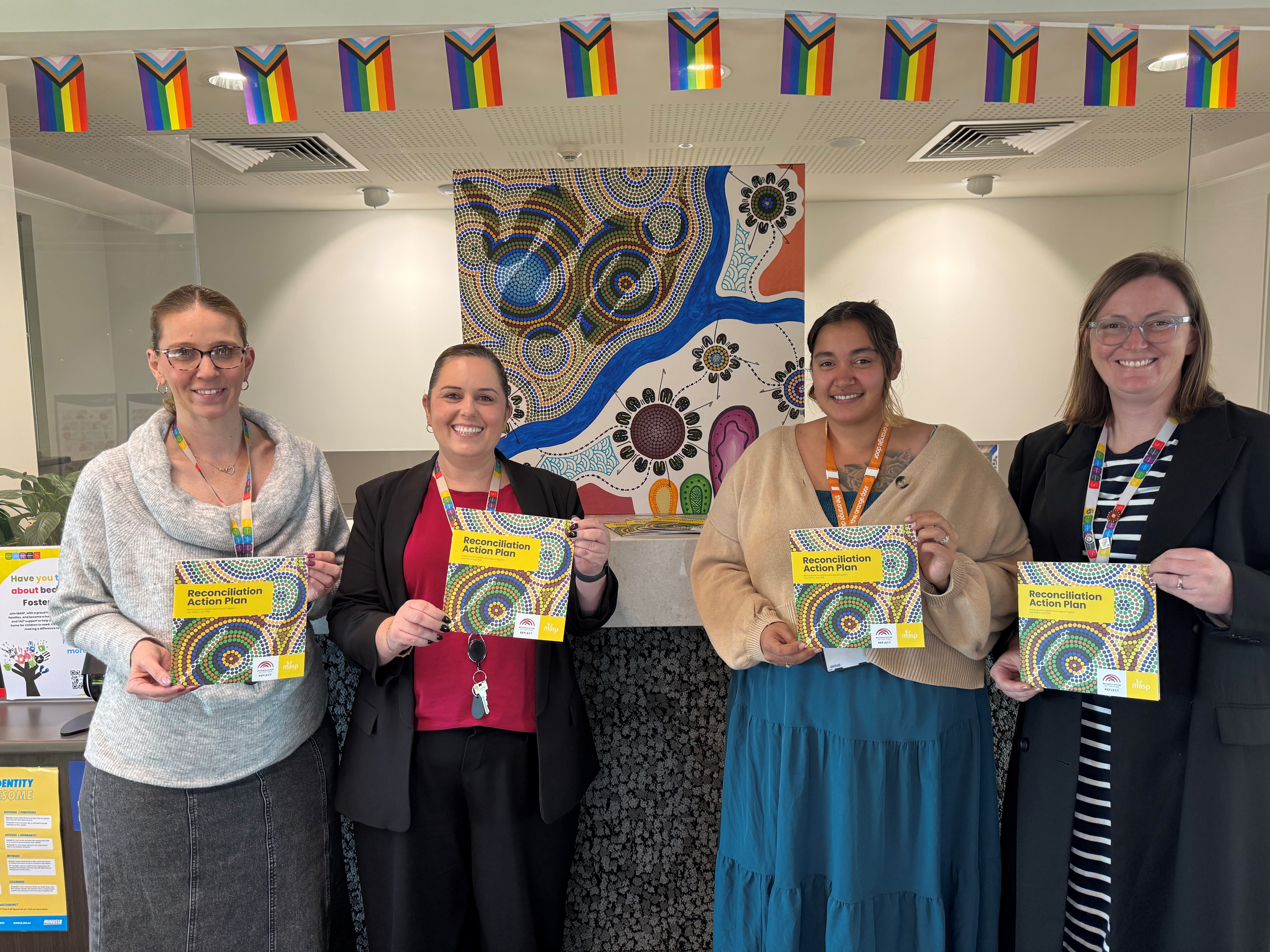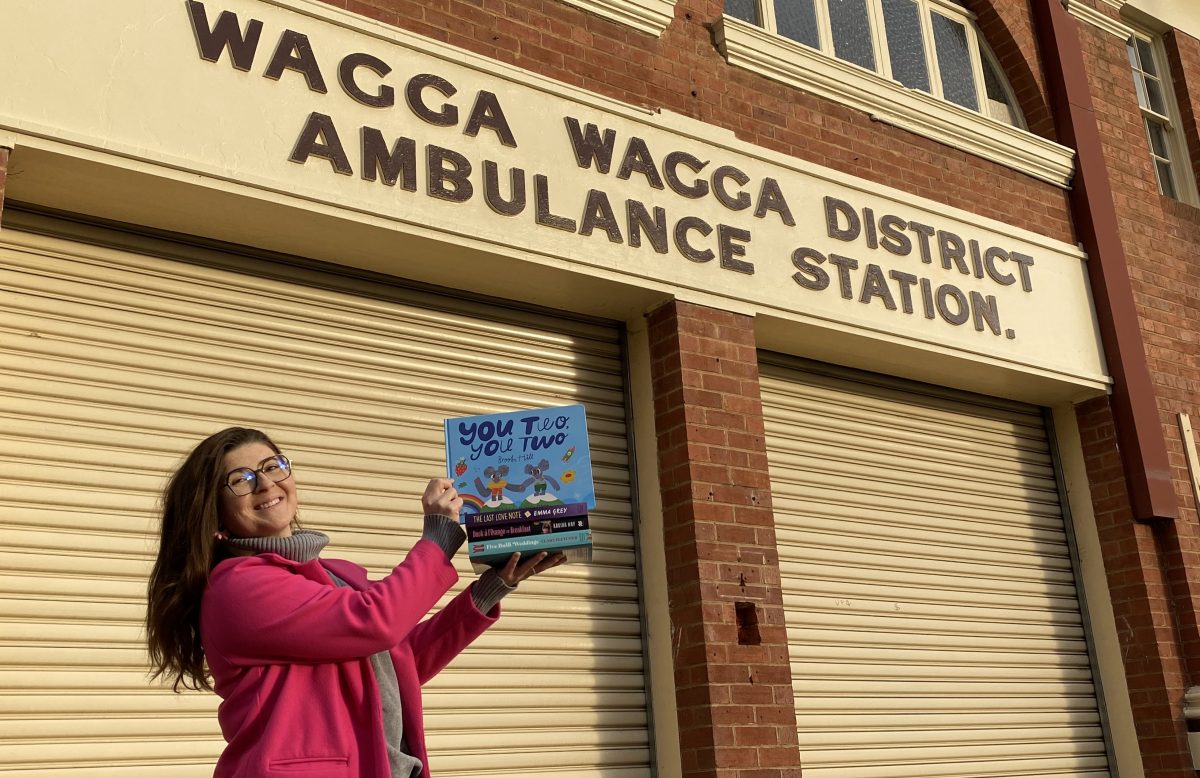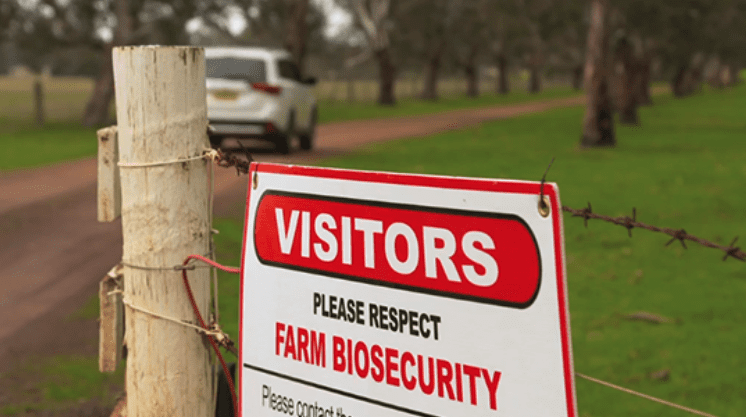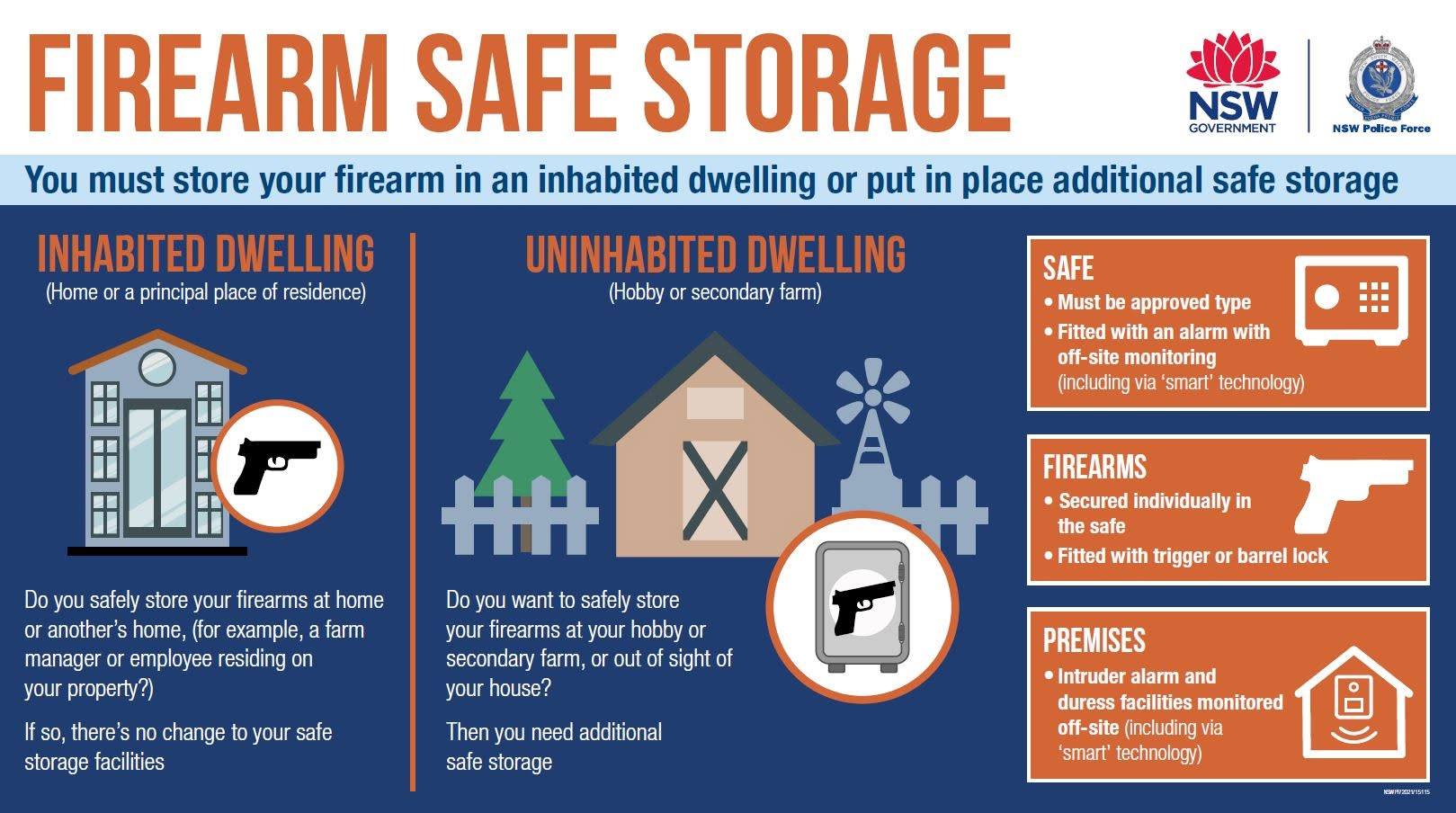MASP unveils first Reconciliation action plan to strengthen Indigenous community ties
Kimberly Grabham
11 July 2025, 2:00 AM

Mallee accommodation service takes major step forward in reconciliation journey
The Mallee Accommodation and Support Program (MASP) has launched its inaugural Reconciliation Action Plan (RAP), marking a significant milestone in the organisation's commitment to fostering stronger relationships with Aboriginal and Torres Strait Islander communities across the Mallee and Far West NSW.
The comprehensive plan represents MASP's first formal step towards meaningful reconciliation, with CEO Charmaine Calis describing the development process as both "eye-opening and thought-provoking" for the organisation.
"Developing our first ever RAP has been an eye-opening and thought-provoking process for MASP," Ms Calis said.
"MASP looks forward to strengthening our ties with our local Aboriginal and Torres Strait Islander community members as we continue our purpose to empower our community to be free from homelessness, abuse, poverty and disadvantage."
The organisation has completed a Reflect RAP, the foundational level of Reconciliation Australia's four-tiered framework, which also includes Innovate, Stretch and Elevate levels.
The Reflect RAP focused on engaging staff and leadership to understand the importance of reconciliation whilst developing meaningful relationships with Aboriginal and Torres Strait Islander stakeholders.
"MASP's Reflect RAP is the first step towards MASP engaging in reconciliation meaningfully," Ms Calis explained.
"We acknowledge this is only the beginning of MASP's reconciliation journey and we look forward to continuing to progress as an organisation into the future."
The RAP framework, overseen by Reconciliation Australia, allows organisations to continuously develop their reconciliation commitments through structured, progressive stages.
Each level builds upon the previous one, creating a pathway for sustained engagement and cultural competency development.
For MASP, whose core mission centres on addressing homelessness, abuse, poverty and disadvantage, the RAP represents more than symbolic commitment.
The plan is expected to enhance the organisation's ability to deliver culturally appropriate services to Aboriginal and Torres Strait Islander community members, who are disproportionately affected by these social issues.
The development comes as organisations across Australia increasingly recognise the importance of reconciliation in effective service delivery, particularly in regional areas where Aboriginal and Torres Strait Islander communities form significant portions of the population.
Ms Calis emphasised that the RAP would empower MASP to move forward and create better cohesion with Aboriginal communities across its service area, suggesting the plan will have practical implications for how the organisation operates and engages with the communities it serves.
The completion of the Reflect RAP positions MASP to potentially progress to higher levels of the RAP framework, which could include more advanced reconciliation initiatives and deeper community partnerships.
As MASP embarks on this reconciliation journey, the organisation joins hundreds of other Australian businesses, government agencies and not-for-profit organisations committed to the RAP process, contributing to broader national reconciliation efforts.
NEWS
SPORT
RURAL
COMMUNITY











